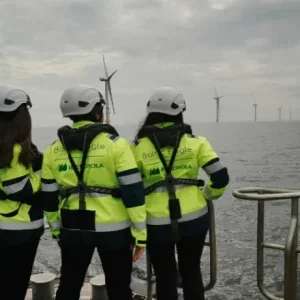As part of the agreement, the companies plan to invest jointly in major long-term energy projects or to swap assets around the world. Gazprom, BP and TNK-BP will establish a joint team to identify strategic opportunities for investment both overseas and inside Russia.
We will initially be looking for projects of at least $3 billion, but the potential for further growth could be very significant, said BP chief executive Tony Hayward. This historic agreement lays the ground for powerful co-operation between BP, TNK-BP and Gazprom.
Under the terms of the agreement, TNK-BP has agreed to sell Gazprom its 62.89% stake in Rusia Petroleum, the company which holds the license for the Kovykta gas field in East Siberia. TNK-BP’s ownership of this license has been under threat for some time, as Russia’s environmental agency had claimed that the company had fallen short of the 9 million cubic meters production target for 2006, which came as part of its license to work on the gas field.
TNK-BP will also sell its 50% interest in East Siberian Gas Company (ESGCo), the company constructing the regional gasification project. Gazprom will pay between $700 and $900 million, subject to adjustments, for TNK-BP’s interests in Rusia and ESGCo.
According to TNK-BP, a longer-term option for it to purchase a 25% plus one share stake in Kovykta at an independently verified market price has also been agreed with Gazprom. This option could be exercised once a significant joint investment or asset swap has been agreed under the terms of the memorandum of understanding.
Although BP said that the agreement was designed to extend Gazprom’s access to international markets and deepen BP and TNK-BP involvement in Russian oil and gas, industry analysts are speculating that it is a further attempt by Russia to keep hold of its own energy reserves.
According to Bloomberg, the approximately 2 trillion cubic meters of gas in the Kovykta field is enough to supply Asia for five years. The publication said that the sale marks Russia putting an end to foreign ownership of the country’s largest energy reserves.






